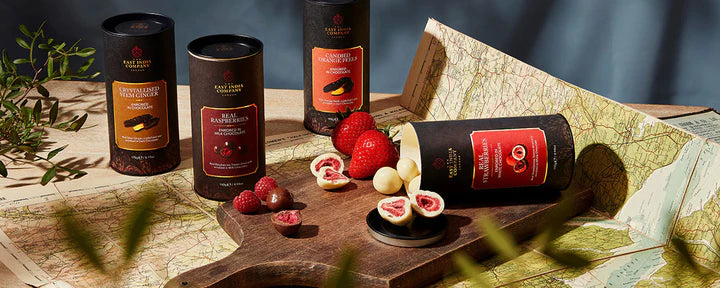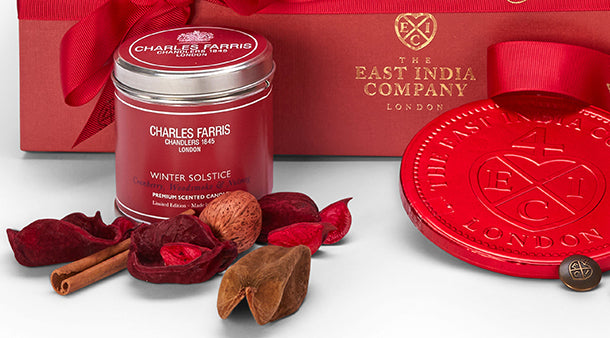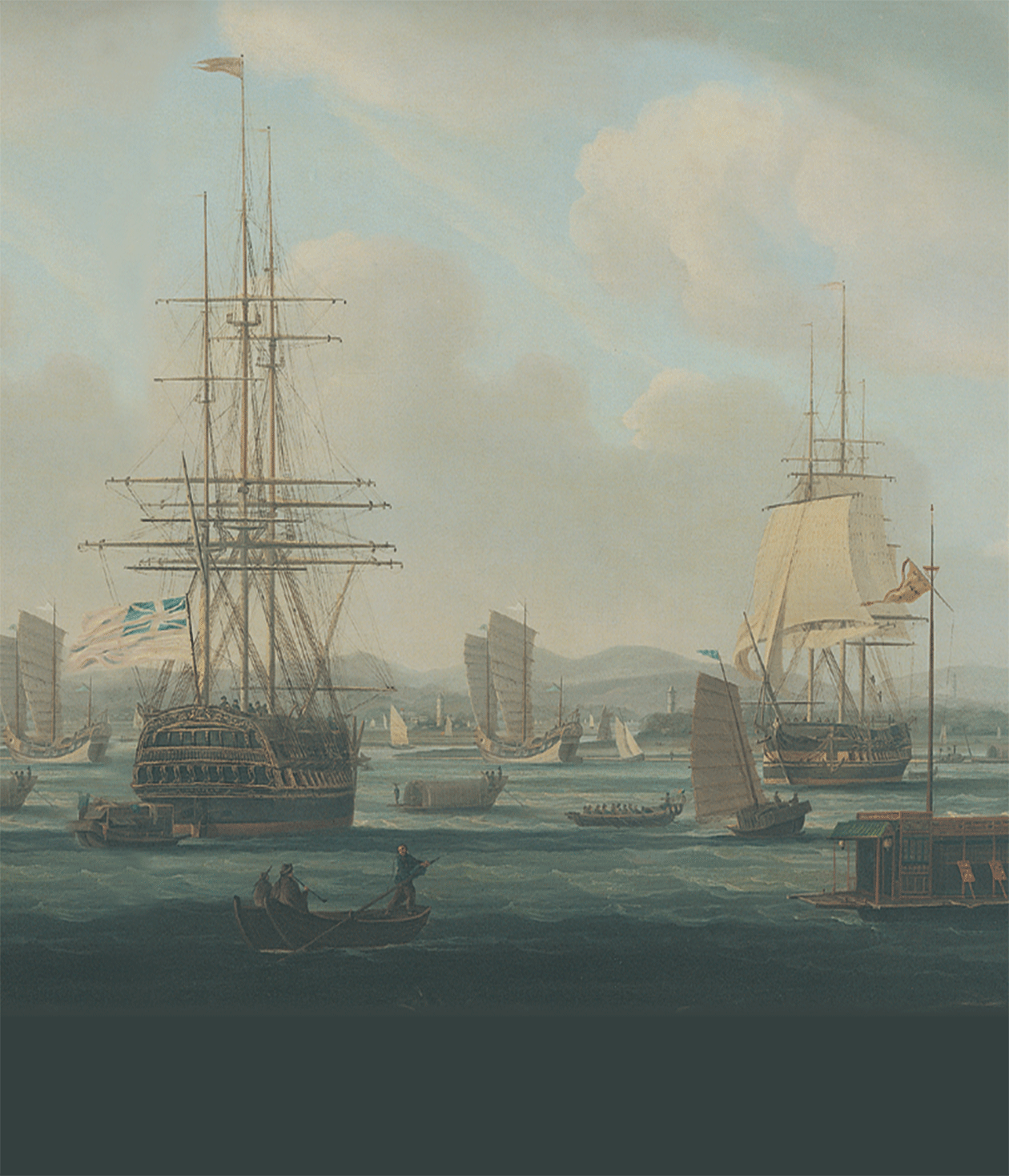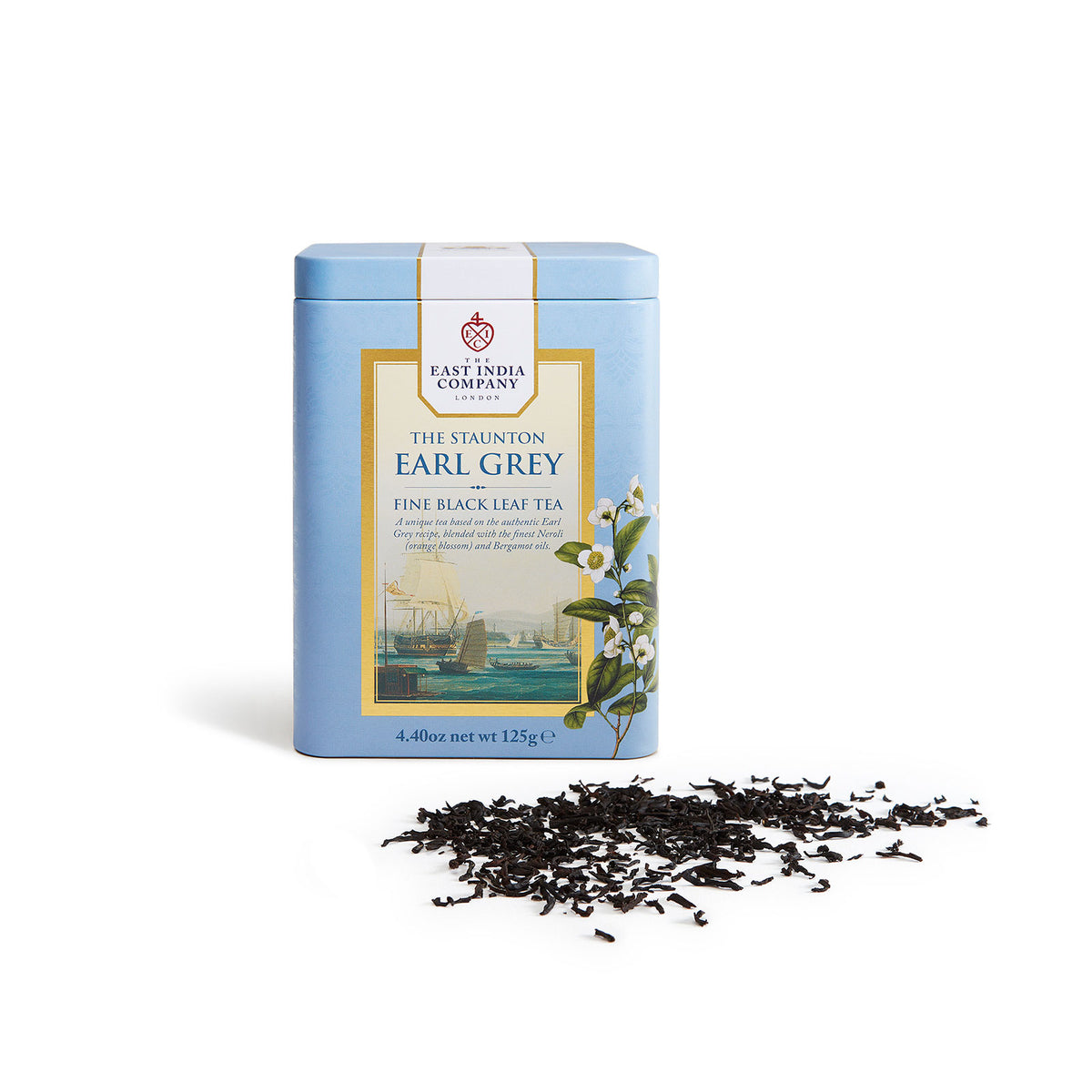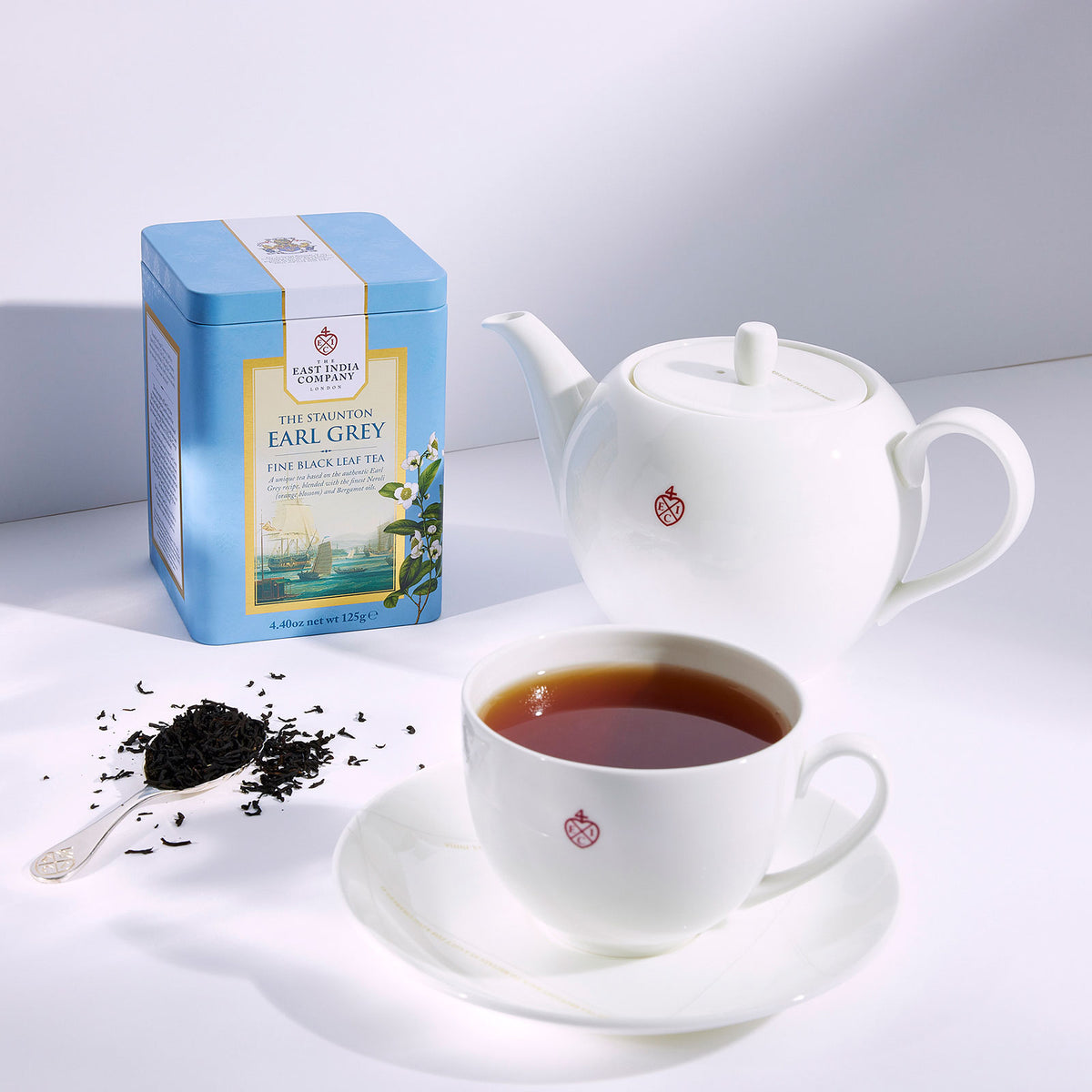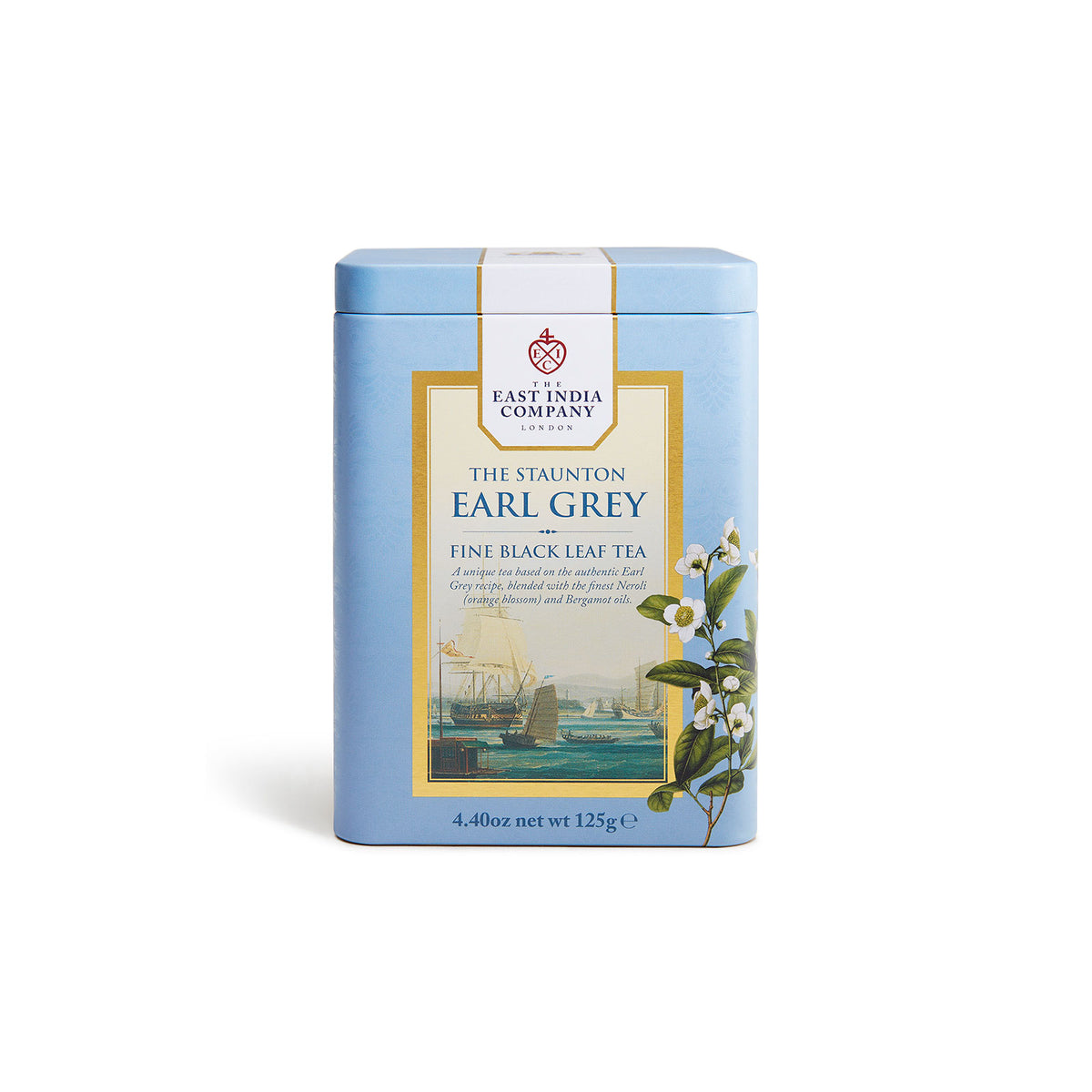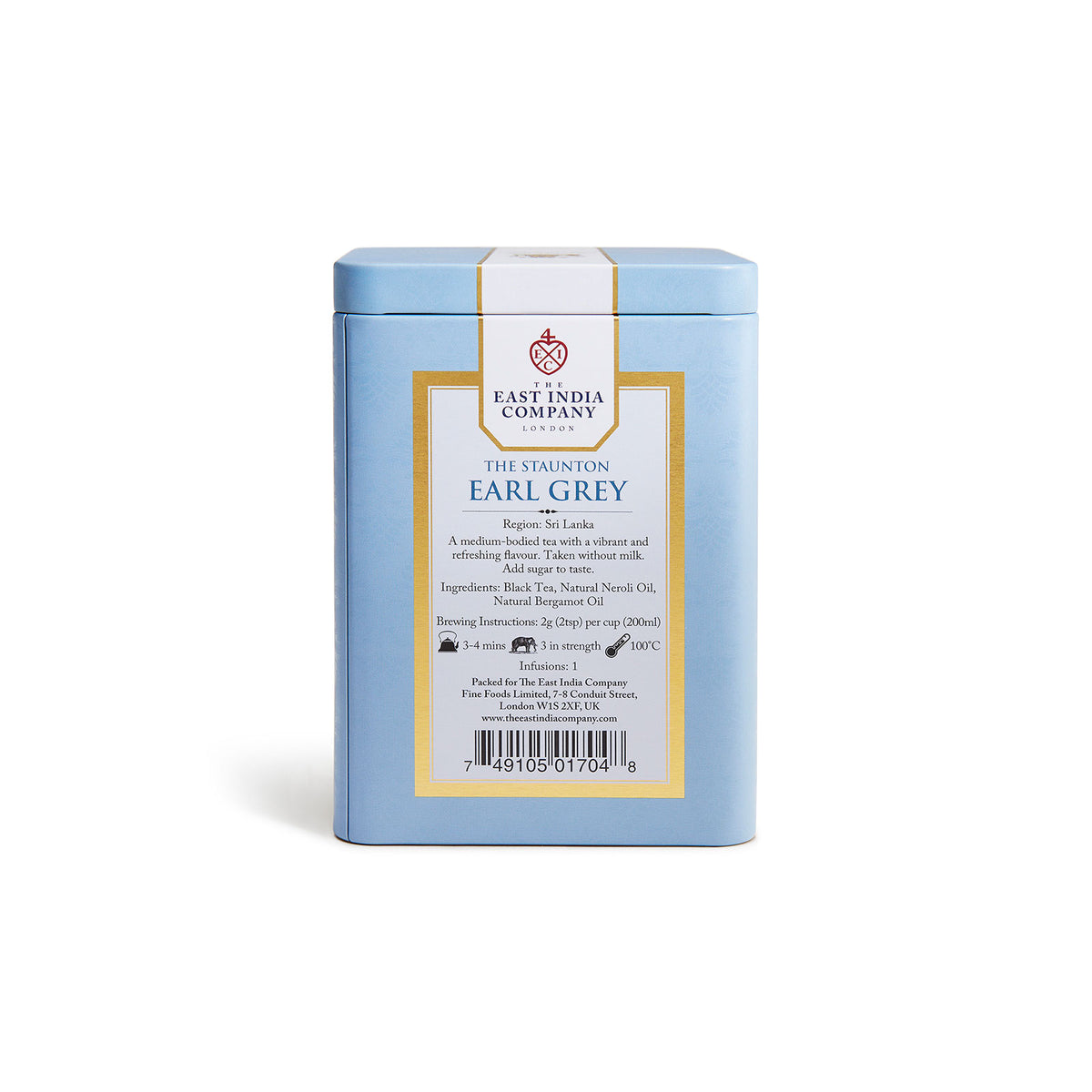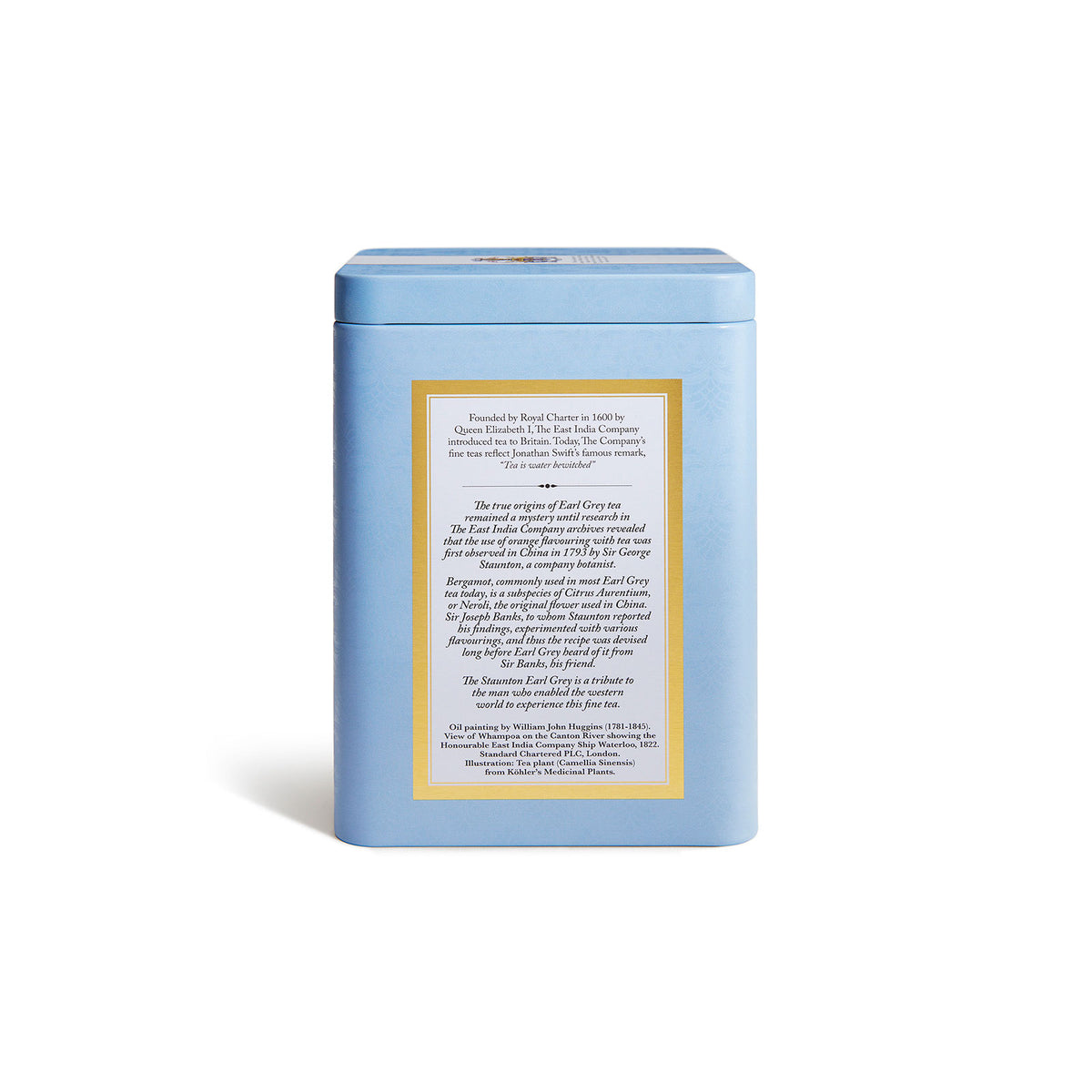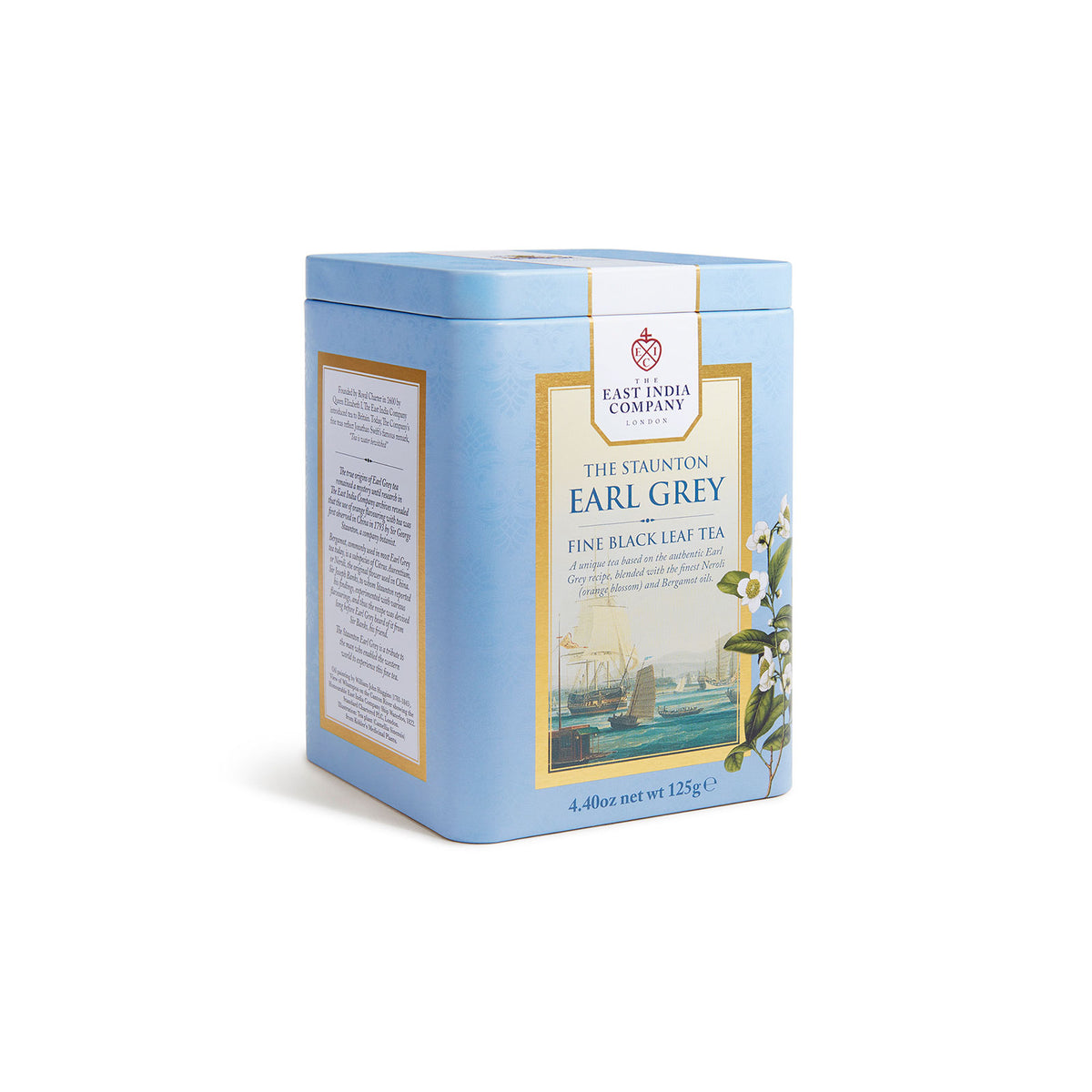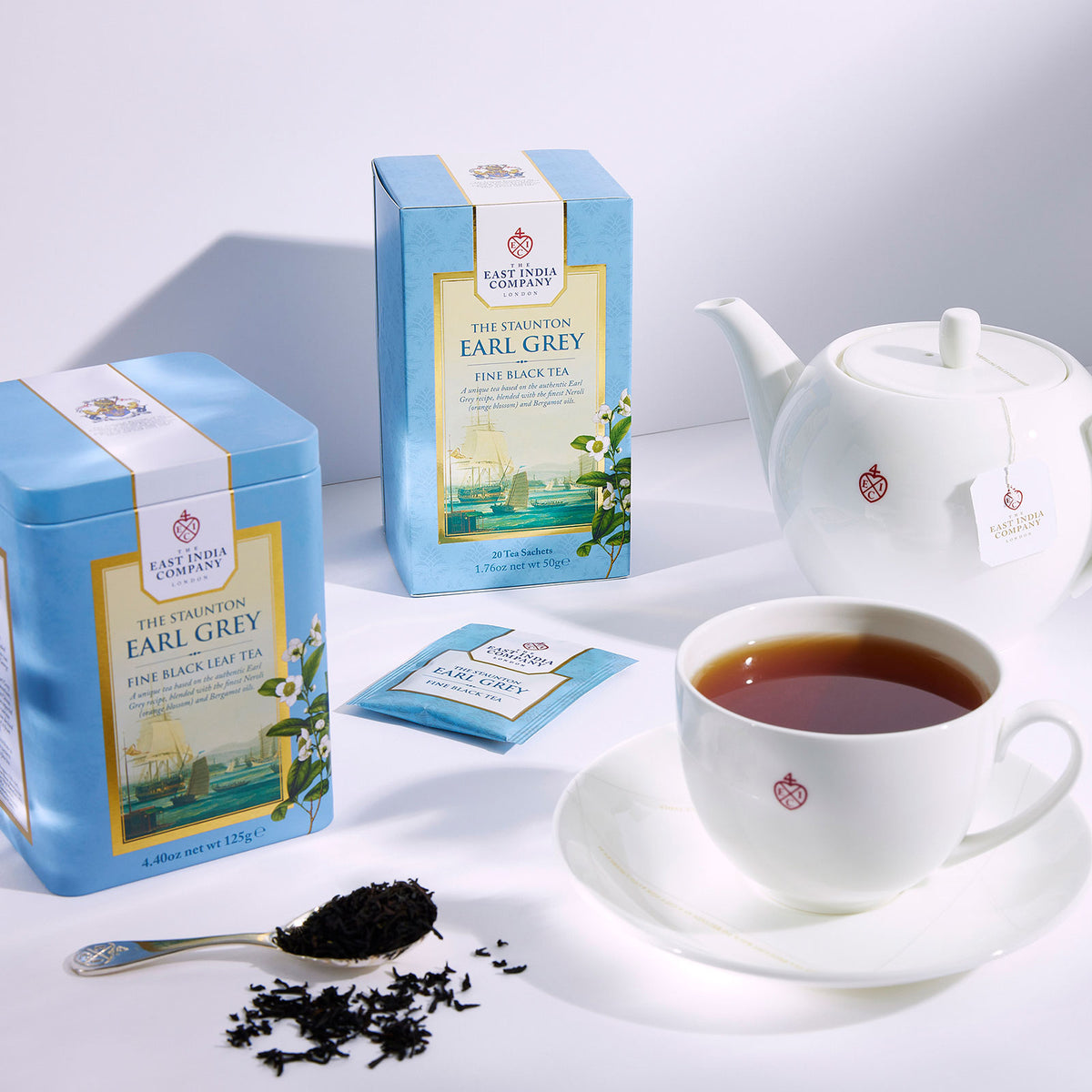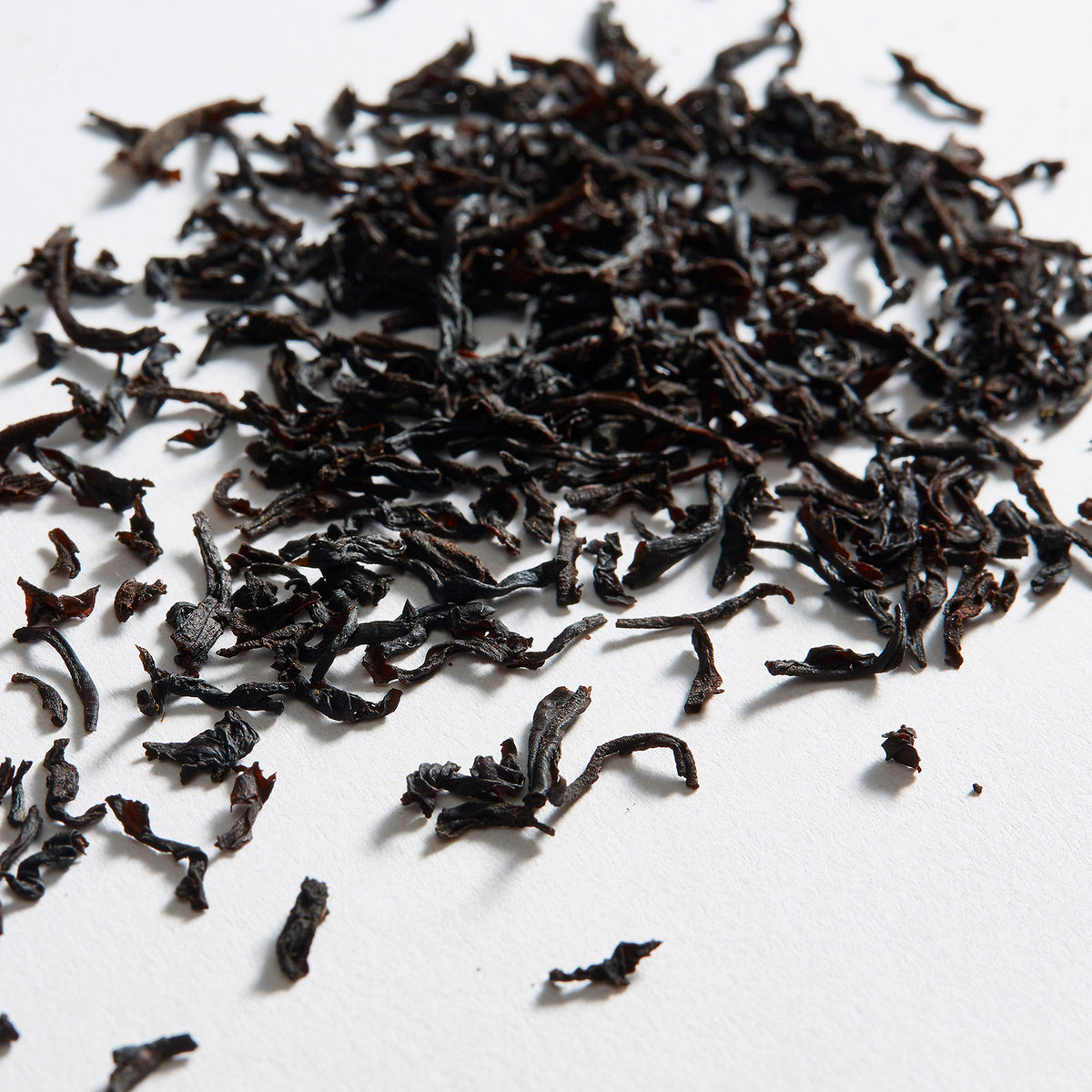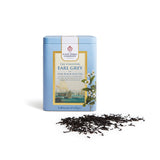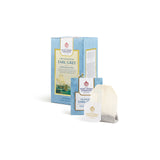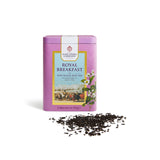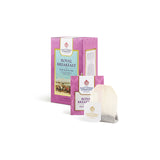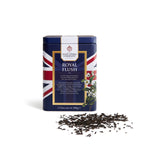Stories
The Real Story of the Origin of Earl Grey Tea
It was however highly likely that Earl Grey popularised it, but the original recipe was created by Sir Joseph Banks, an eminent botanist at Kew Gardens and advisor to The East India Company and George Staunton, another botanist, who in 1793 was a member of an East India Company-funded mission to China, intended to unlock trade between Britain and China.
At this time, Banks became interested in the possibility of growing tea in India and so he requested Staunton to observe Chinese methods of tea cultivation and flavouring, requesting detailed drawings, providing as an example of what was required, a botanical drawing of a Bergamot plant.
Earl Grey tea - Chinese black tea with Bergamot oil - was born.
Product development is but one aspect. Marketing is another. Banks was a friend of Earl Grey, who loved the tea and in recognition of his social influence of the day, the tea was named after him.
We celebrate this achievement in a number of ways that makes our earl Grey unique. Firstly, we use a combination of neroli and bergamot oils in our blend. In addition, we use a Sri Lankan black tea rather than the usual Chinese Keemun tea, because we feel is gives better body. And finally, we have proudly named our blend, The Staunton Earl Grey.
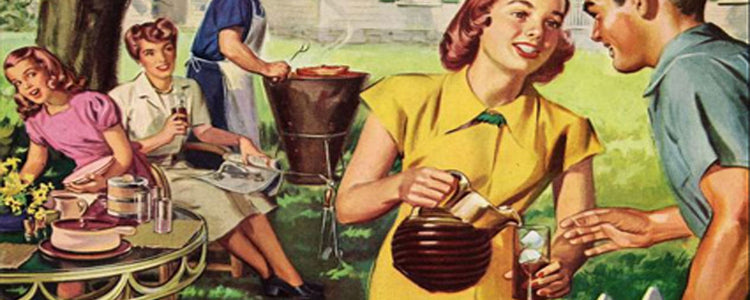
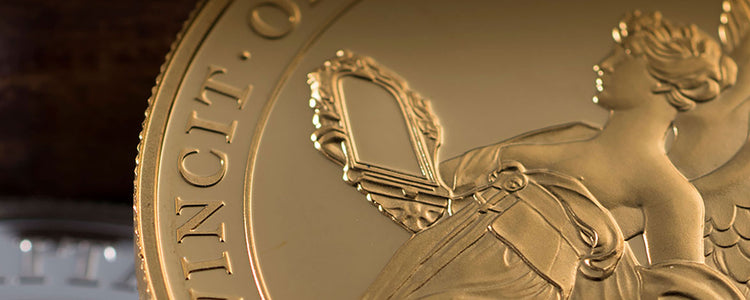
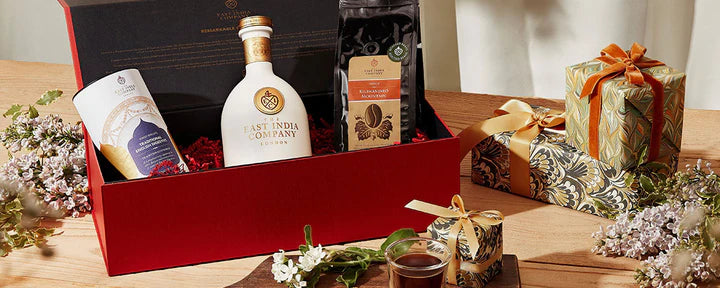
 Ceylon / Sri Lanka
Ceylon / Sri Lanka Assam, India
Assam, India Japan
Japan Taiwan
Taiwan Nepal
Nepal China
China Kenya
Kenya Egypt
Egypt South Africa
South Africa